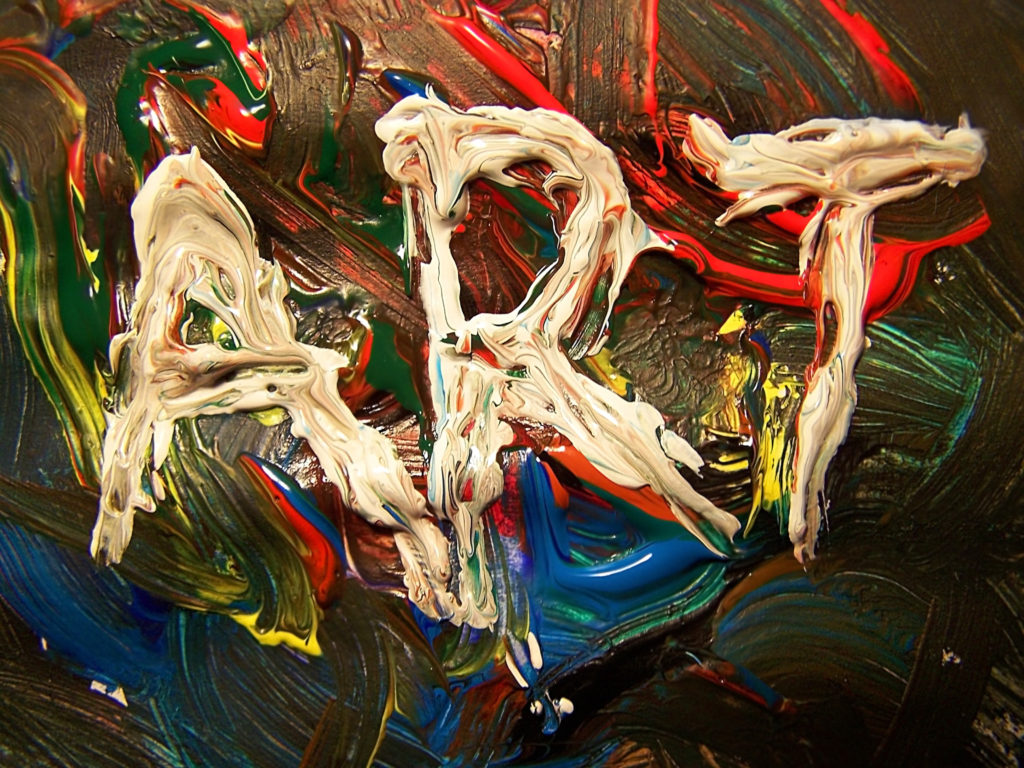Quick Hits
Daily brief research updates from the cognitive sciences

I reported in last week’s Quick Hits on how engaging in the arts has a relationship with self-control and avoidance of disagreeable and criminal behaviour and that is why this impressive piece of research published in February caught my eye.
In this Janneke van Leeuwen et al. map different types of art engagement to a detailed neural map of social centres. These types of engagement range from perceptual analysis, to animated dynamics (i.e. movement), to symbolic meaning, and personal significance.
I was impressed by the depth of this paper. Basically, what we can see is that each of these separate aspects of interacting with art activate networks in the brain that are strongly associated with social functioning.
In some respects, this should be actually logical — the arts are after all incredibly humanistic and engage our emotions and aesthetics.
This piece of research show to what extent this is so — all aspects of engaging with art engage multiple parts of the brain and recruits the same brain networks as those involved in complex social behaviour.
Good to know!

Andy Habermacher
Andy is author of leading brains Review, Neuroleadership, and multiple other books. He has been intensively involved in writing and research into neuroleadership and is considered one of Europe’s leading experts. He is also a well-known public speaker speaking on the brain and human behaviour.
Andy is also a masters athlete (middle distance running) and competes regularly at international competitions (and holds a few national records in his age category).
Reference
Janneke E. P. van Leeuwen, Jeroen Boomgaard, Danilo Bzdok, Sebastian J. Crutch, and Jason D. Warren
More Than Meets the Eye: Art Engages the Social Brain
Frontiers in Neuroscience
https://doi.org/10.3389/fnins.2022.738865
More Quick Hits
The Truth of “Work Hard, Play Hard”
Quick HitsDaily brief research updates from the cognitive sciences e all know the phrase “work hard, play hard” and this drew my attention when I stumbled across some research actually looking into this - and whether this is a good thing or bad...
Coffee Makes Business Teams More Effective
Quick HitsDaily brief research updates from the cognitive sciences just couldn’t resist reviewing this piece of research, from a few years ago, after I stumbled across this (likely because some background algorithm had recommended it to me based...
Caffeine Makes You More Prone to Impulsive Buying
Quick HitsDaily brief research updates from the cognitive sciences fascinating piece of research just published shows that drinking coffee makes you more impulsive. That means you are likely to buy more, and more items you actually don’t need....
Healthy Brains Are Hotter Than You Think
Quick HitsDaily brief research updates from the cognitive sciences hen we get sick we get a fever and we all know what our body temperature should be: around 37°C. Too much above that and we have a fever, and too much below and we risk...
Unpredictable Parents Disrupt Brain Circuitry in Children
Quick HitsDaily brief research updates from the cognitive sciences ntuitively we all know that good parenting is essential to kids’ healthy development. We all agree on that. But as soon as we try to define what good parenting is we then enter into...
A New Study on Inter-Brain Synchronisation
Quick HitsDaily brief research updates from the cognitive sciences n case you didn’t know it brain synchronisation (or inter-brain synchronisation) is a thing. And a pretty cool thing. This happens when two, or more, people do similar things...






